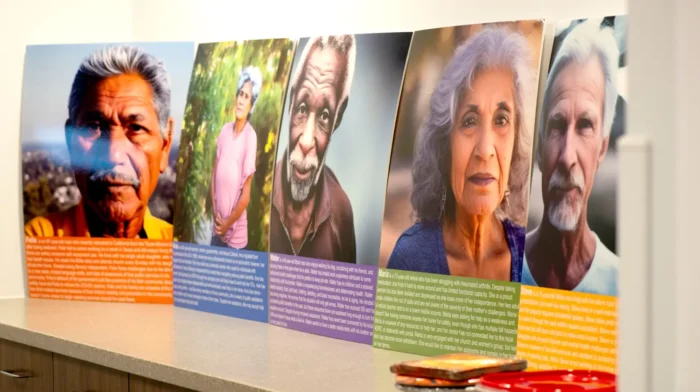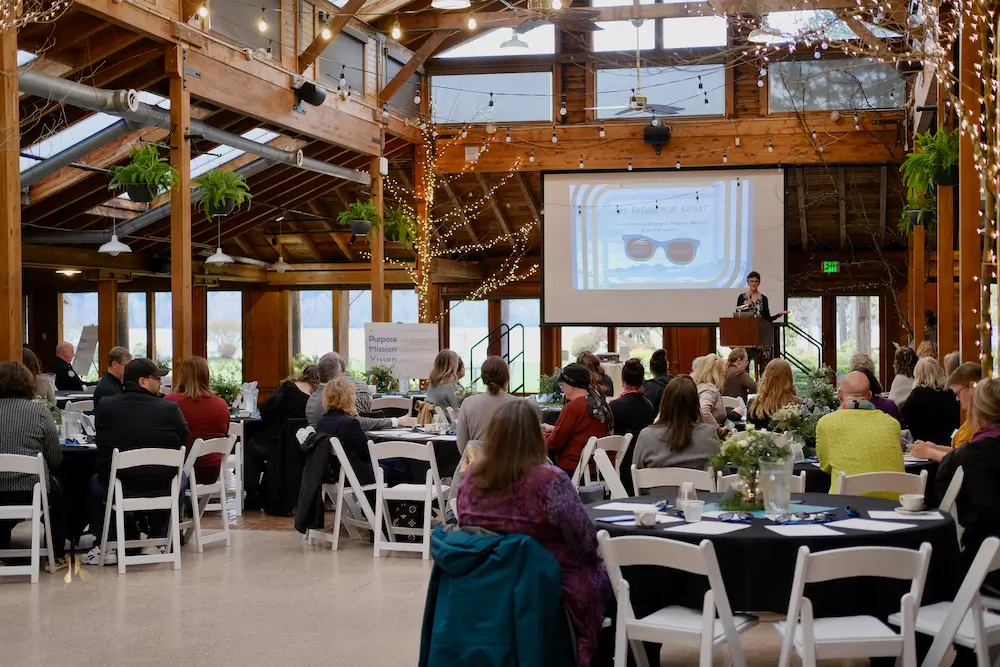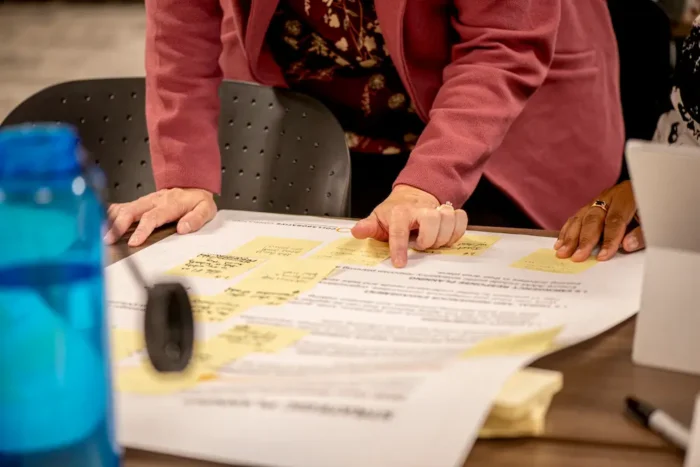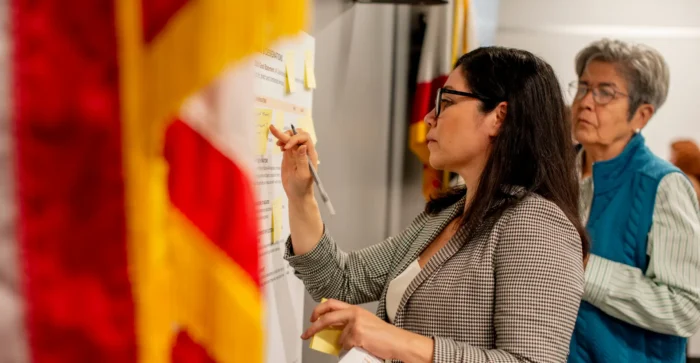
How Olympic Community of Health is Improving Social Conditions with a Multi- Stakeholder Approach

There’s no standard playbook for how best to improve social conditions in a community, as initiatives must be customized to local community needs and context. However, multi-stakeholder initiatives have been gaining popularity across the country and are proving effective in addressing adverse social conditions. These initiatives offer many lessons for others starting to focus on improving social conditions.
We helped Olympic Community of Health (OCH) research adverse social conditions and explore opportunities for region-wide, multi-stakeholder interventions aimed at improving social conditions in their community.
Olympic Community of Health is an Accountable Community of Health (ACH) funded by the state of Washington. It incentivizes and implements collaborative approaches to meet the Olympic region’s health needs, and mobilizes organizations from different backgrounds, sectors, communities, and Tribes to create a more collaborative and person-centered approach to care.
- Conducted a rigorous research process summarizing the evidence on the relationship between adverse social conditions and health, understand the key needs of the regional population, and highlight promising practices from other multi-stakeholder initiatives around the United States.
- Engaged OCH’s network of stakeholder organizations and community members to understand services and programs aimed at improving adverse social conditions in the region and identify gaps and opportunities for intervention.
- Facilitated multi-stakeholder convenings to create a shared understanding of the relationship between social conditions and health in the region, and identify opportunities for near-term collaboration and intervention.
OCH engaged Collaborative Consulting to study how the region’s adverse social conditions impact health outcomes, and to explore opportunities for region-wide, collaborative interventions.
The project focused on:
- Summarizing the evidence on adverse social conditions impacting health and effective interventions to address social needs.
- Assessing the social needs and adverse conditions impacting health in the Olympic region.
- Identifying promising approaches and potential strategies for addressing social needs in the region.
- Fostering multi-stakeholder alignment around and action toward potential solutions.
At the start of our work with OCH, we conducted a multi-pronged research process to establish a deep understanding of the relationship between social conditions and health, identify the dominant needs and conditions impacting health in the Olympic region, and discover how organizations in other regions are already addressing similar needs.
We began by reviewing publicly available regional data to identify dominant social needs and conditions impacting the region’s health. We also reviewed the literature on how social conditions impact health and learn about the evidence-based interventions to address the challenges that may stand in the way of progress. We then identified 75 initiatives from around the country focused on improving social conditions — ultimately profiling 25 in detail — to identify partnership structures, strategies, funding mechanisms, and outcomes that could be adapted for and adopted in the Olympic region.
To add context and lay the groundwork for collaboration, we surveyed OCH partners about how they’re already responding to people’s social needs, the challenges they face, the opportunities they see, and their priorities for a regional collaborative response to improving social conditions.
From here, Collaborative Consulting brought together 72 regional leaders and community members in a series of convenings to share learnings and gauge interest in activating a response to identified needs. We facilitated a process for these stakeholders to build a shared understanding of the impacts of adverse social conditions on health. We fostered discussions around social needs and adverse conditions impacting health in the region, and identified opportunities for regional collaboration and intervention.
Through our insights and convenings, the 72 Olympic region stakeholders reached a consensus around the need for a region-wide strategy to address the adverse social conditions impacting health. OCH and its partners have committed to planning and actively pursuing several regional health initiatives to meet this need.
Among their first steps, OCH and partners are creating an inventory of local projects addressing social determinants of health. Through this, they are building awareness of roles and resources across the community, providing creative examples to inspire others, and identifying gaps that can be filled with new programs and services.

